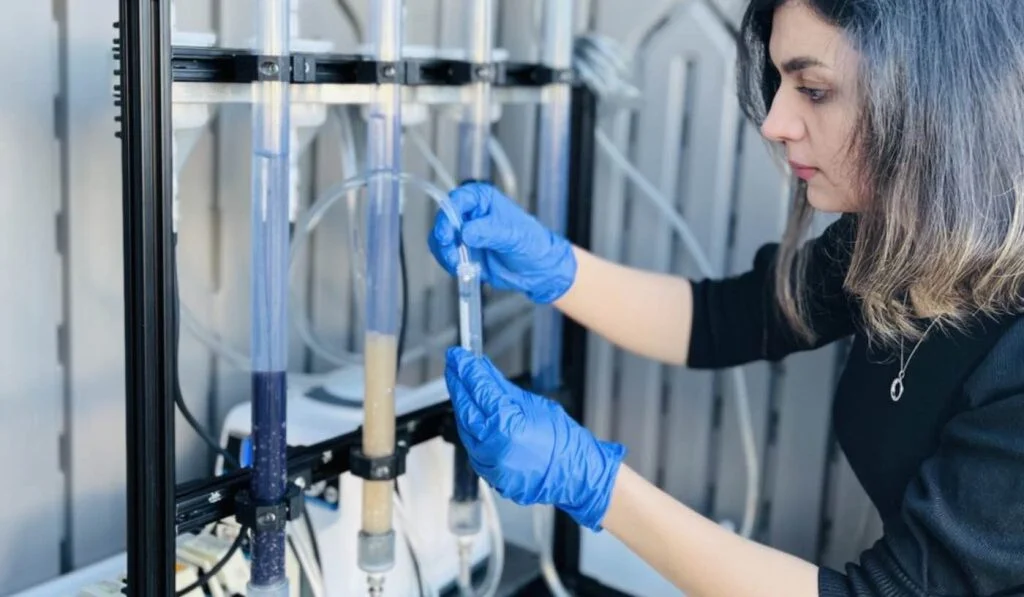There’s been a lot of talk recently about so-called “forever chemicals” and how our society can use new technologies to remove these old toxins from the water and soils of our world.
A new solution from the Univ. of British Columbia can both filter out and then destroy these forever chemicals, purifying water resources cheaply and effectively.
“Think Brita filter, but a thousand times better,” says UBC chemical and biological engineering professor Dr. Madjid Mohseni, who developed the technology.
Generally referred to as PFAS, short for poly-fluoroalkyl substances, forever chemicals number in the thousands and are generally what make products stain-resistant or non-stick.
Too much exposure to these chemicals can lead to a myriad of health problems from cancer to hormonal dysregulation.
One of the major challenges with PFAS contimination is that they are included in foams and sprays used by firefighters to combat blazes in houses and in the woods. These then leech into groundwater or flow into rivers and contaminate drinking water, especially in smaller locales where sufficient filtration equipment isn’t present.
“Our adsorbing media captures up to 99% of PFAS particles and can also be regenerated and potentially reused,” Dr. Mohseni said. “This means that when we scrub off the PFAS from these materials, we do not end up with more highly toxic solid waste that will be another major environmental challenge.”
Once the PFAS particles are captured, they are destroyed via electrical and photochemical processes. The results were published in Chemosphere.
In the study Mohseni and his team tested their aparatus on perfluorooctanoic acid, a PFAS known to be ubiquitous in contamined water. They are now preparing a real-world test at a number of locations in B.C. starting this month.
“The results we obtain from these real-world field studies will allow us to further optimize the technology and have it ready as products that municipalities, industry and individuals can use to eliminate PFAS in their water,” said Dr. Mohseni.

